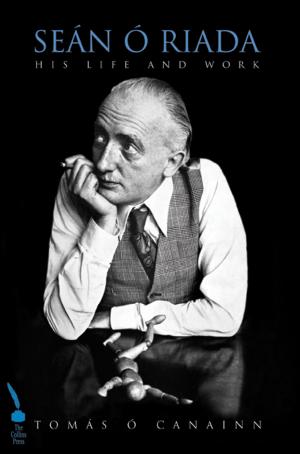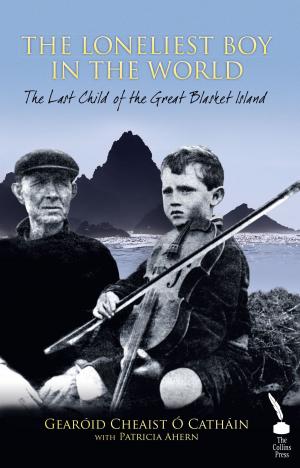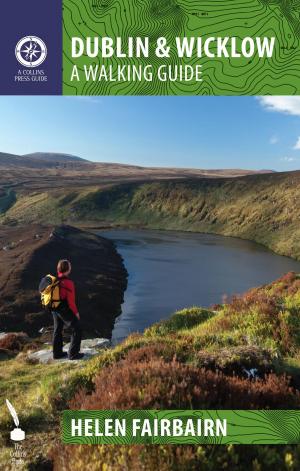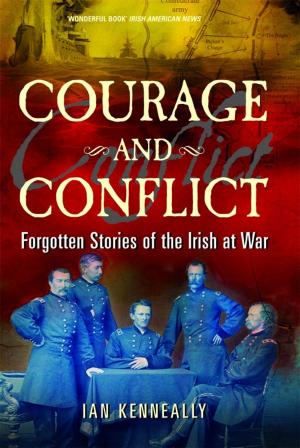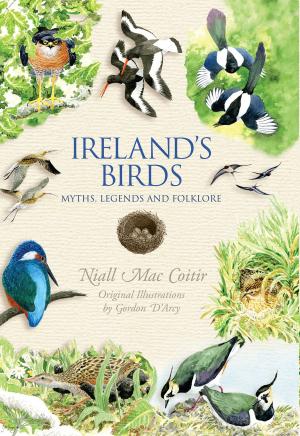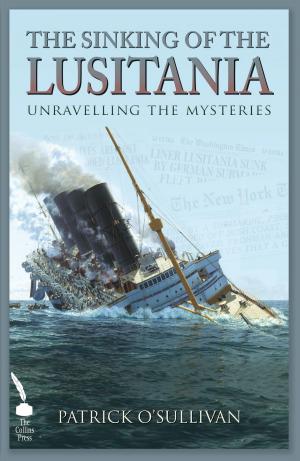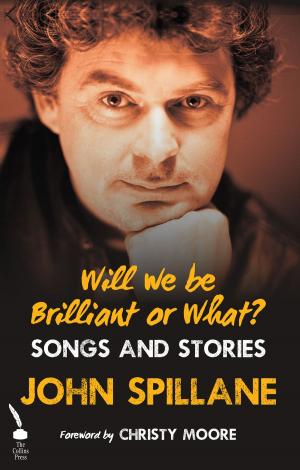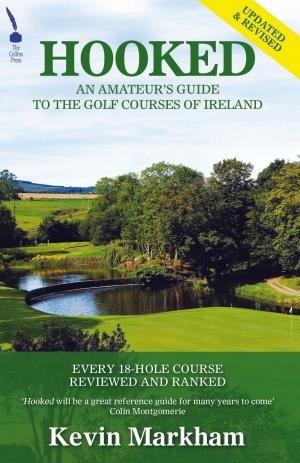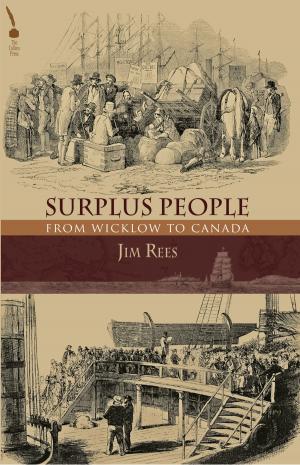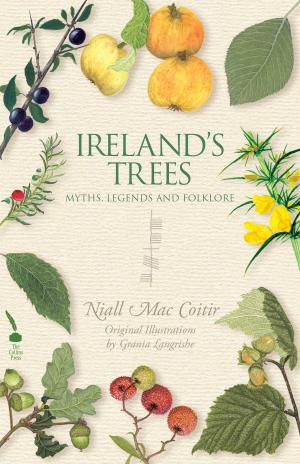According To Their Lights: Irish Soldiers in the British Army during the Easter Rising, 1916
Nonfiction, History, Revolutionary, Military, World War I| Author: | Neil Richardson | ISBN: | 9781848894952 |
| Publisher: | The Collins Press | Publication: | September 21, 2015 |
| Imprint: | The Collins Press | Language: | English |
| Author: | Neil Richardson |
| ISBN: | 9781848894952 |
| Publisher: | The Collins Press |
| Publication: | September 21, 2015 |
| Imprint: | The Collins Press |
| Language: | English |
In April 1916, the Easter Rising broke out in Dublin. History remembers it as Irish rebel against English soldier, but the truth is more complicated. Thousands of British army soldiers in the Rising were Irishmen, including Second-Lieutenant Robert Barton from Glendalough, who later became a Sinn Féin TD and a signatory of the Anglo-Irish Truce, the infamous Captain John Bowen-Colthurst on whose orders Francis Sheehy-Skeffington was executed, and the eclectic scientist and inventor Prof. John Joly from Co. Offaly who, at fifty-eight, helped to defend Trinity College Dublin throughout the Rising.
Many enlisted to fight for Irish Home Rule or Ulster Unionism, to find adventure or escape from poverty. None imagined they would find themselves on the streets of Dublin, killing – and being killed by – fellow Irishmen. Forty-one Irishmen in the British army died in action during the Rising, 106 were wounded. These men became a forgotten part of their country’s history. • Also available: 'Blackpool to the Front: A Cork Suburb and Ireland's Great War 1914–1918' by Mark Cronin and 'When the Clock Struck in 1916: Close-Quarter Combat in the Easter Rising' by Derek Molyneux & Darren Kelly
In April 1916, the Easter Rising broke out in Dublin. History remembers it as Irish rebel against English soldier, but the truth is more complicated. Thousands of British army soldiers in the Rising were Irishmen, including Second-Lieutenant Robert Barton from Glendalough, who later became a Sinn Féin TD and a signatory of the Anglo-Irish Truce, the infamous Captain John Bowen-Colthurst on whose orders Francis Sheehy-Skeffington was executed, and the eclectic scientist and inventor Prof. John Joly from Co. Offaly who, at fifty-eight, helped to defend Trinity College Dublin throughout the Rising.
Many enlisted to fight for Irish Home Rule or Ulster Unionism, to find adventure or escape from poverty. None imagined they would find themselves on the streets of Dublin, killing – and being killed by – fellow Irishmen. Forty-one Irishmen in the British army died in action during the Rising, 106 were wounded. These men became a forgotten part of their country’s history. • Also available: 'Blackpool to the Front: A Cork Suburb and Ireland's Great War 1914–1918' by Mark Cronin and 'When the Clock Struck in 1916: Close-Quarter Combat in the Easter Rising' by Derek Molyneux & Darren Kelly





